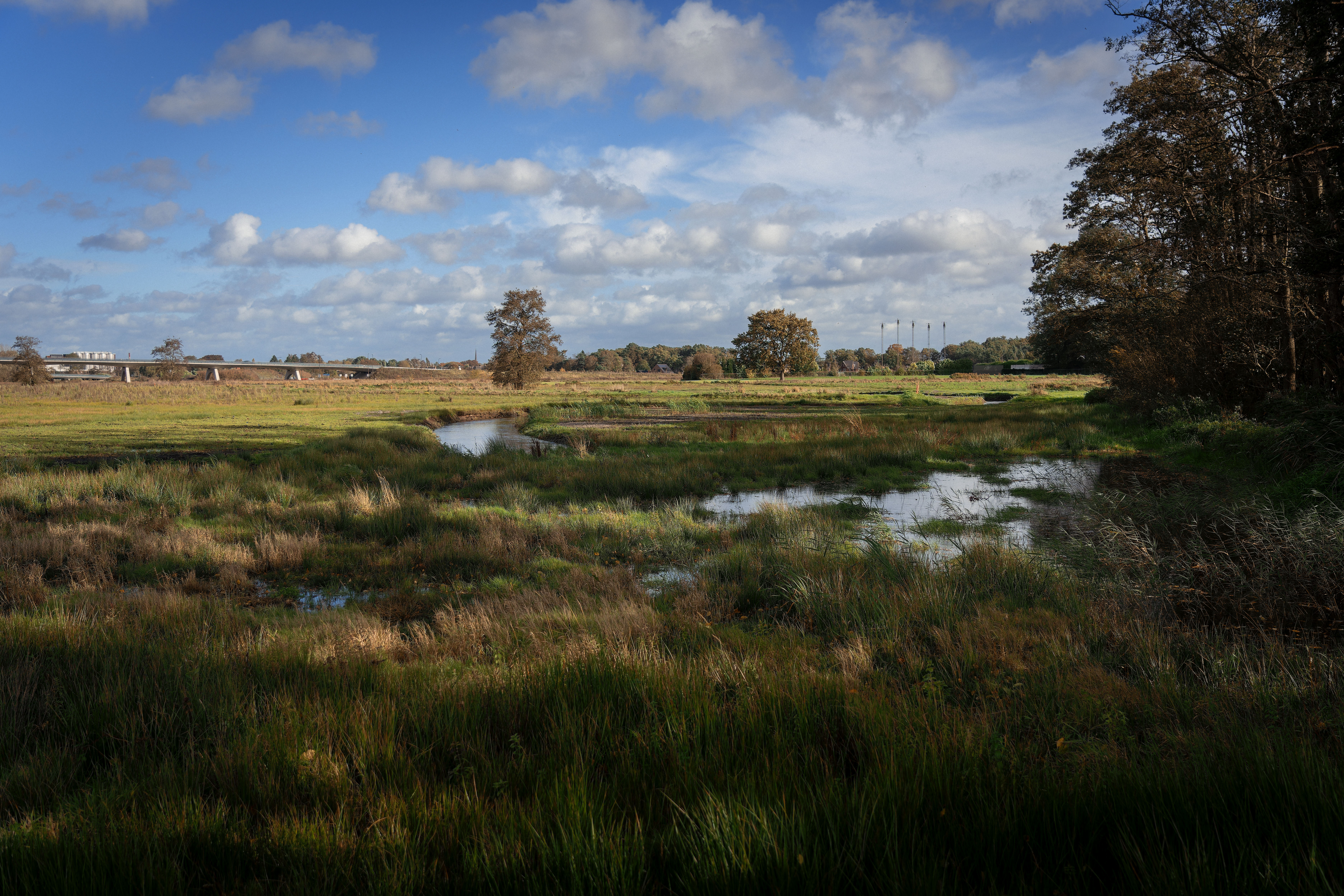Uncovering the Rich History of the Mississippi River
Explore the fascinating past of one of America's most iconic rivers, the Mississippi River.
Early Indigenous Connections
The Mississippi River has been an integral part of the lives of indigenous peoples for thousands of years. Native American tribes such as the Choctaw, Chickasaw, and Natchez relied on the river for transportation, food, and trade. They developed intricate networks of trails and canoes to navigate its waters and establish thriving communities along its banks.
These indigenous peoples had a deep spiritual connection to the river, viewing it as a sacred and powerful entity. They believed that the Mississippi River was a source of life and sustenance, and many of their cultural practices and traditions revolved around it.
Colonial Exploration and Settlement
The Mississippi River played a crucial role in the exploration and settlement of North America by European colonizers. In the 16th century, French explorers, led by Jacques Marquette and Louis Jolliet, became the first Europeans to navigate the river from its source to the Gulf of Mexico. Their expedition paved the way for further European exploration and eventual colonization of the Mississippi River region.
The French established settlements along the river, including the important trading post of New Orleans. The river became a vital trade route, connecting the interior of the continent with the Gulf of Mexico and the Atlantic Ocean. It facilitated the transportation of goods and allowed for the establishment of prosperous trading towns and cities.
The River's Role in American Expansion
During the 19th century, the Mississippi River played a crucial role in the westward expansion of the United States. The river served as a natural highway for settlers moving westward, providing a means of transportation for people and goods. It was a key route for the movement of agricultural products from the Midwest to markets in the eastern United States.
The river also played a strategic role during the American Civil War. Control of the Mississippi River was a major objective for both the Union and Confederate forces. The Union ultimately gained control of the river, cutting off Confederate supply lines and splitting the Confederacy in two. This victory was a turning point in the war and contributed to the eventual Union victory.
Civil War and Reconstruction
The Mississippi River played a significant role in the American Civil War and the subsequent period of Reconstruction. The river served as a natural barrier between the Union and Confederate territories, with both sides using it as a defensive line. Battles such as the Siege of Vicksburg and the Battle of Memphis were fought along its banks.
After the Civil War, the Mississippi River played a vital role in the economic recovery of the South. It remained a major transportation route, facilitating the movement of goods and people. The river also played a role in the social and political changes of the Reconstruction era, as freed slaves sought to gain access to land and economic opportunities along its banks.
Modern-Day Importance and Conservation Efforts
Today, the Mississippi River continues to be of great importance to the United States. It remains a major transportation artery, supporting a thriving shipping industry. The river is also a valuable source of water for agriculture, industry, and recreation.
However, the Mississippi River faces numerous challenges, including pollution, habitat destruction, and flooding. Efforts are underway to conserve and protect the river and its ecosystem. Organizations such as the Mississippi River Network work to promote sustainable practices and raise awareness about the importance of the river's health.
In conclusion, the Mississippi River has a rich history that spans thousands of years. From its early indigenous connections to its role in American expansion and its present-day importance, the river has shaped the lives of countless people and played a vital role in the development of the United States.
Share this
You May Also Like
These Related Stories

Rivers are Life Returns to the Wild & Scenic Film Festival On Tour

The Dommel River: 9 Ways It Shapes the Agricultural Landscape

